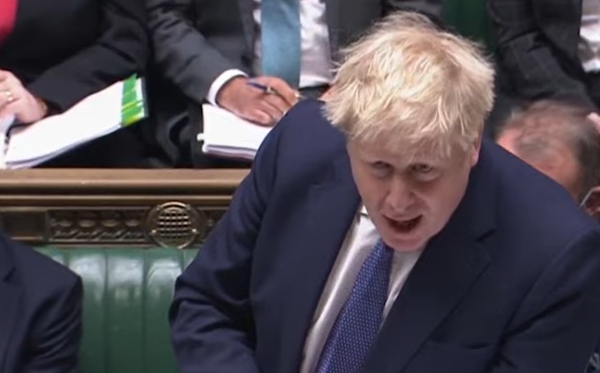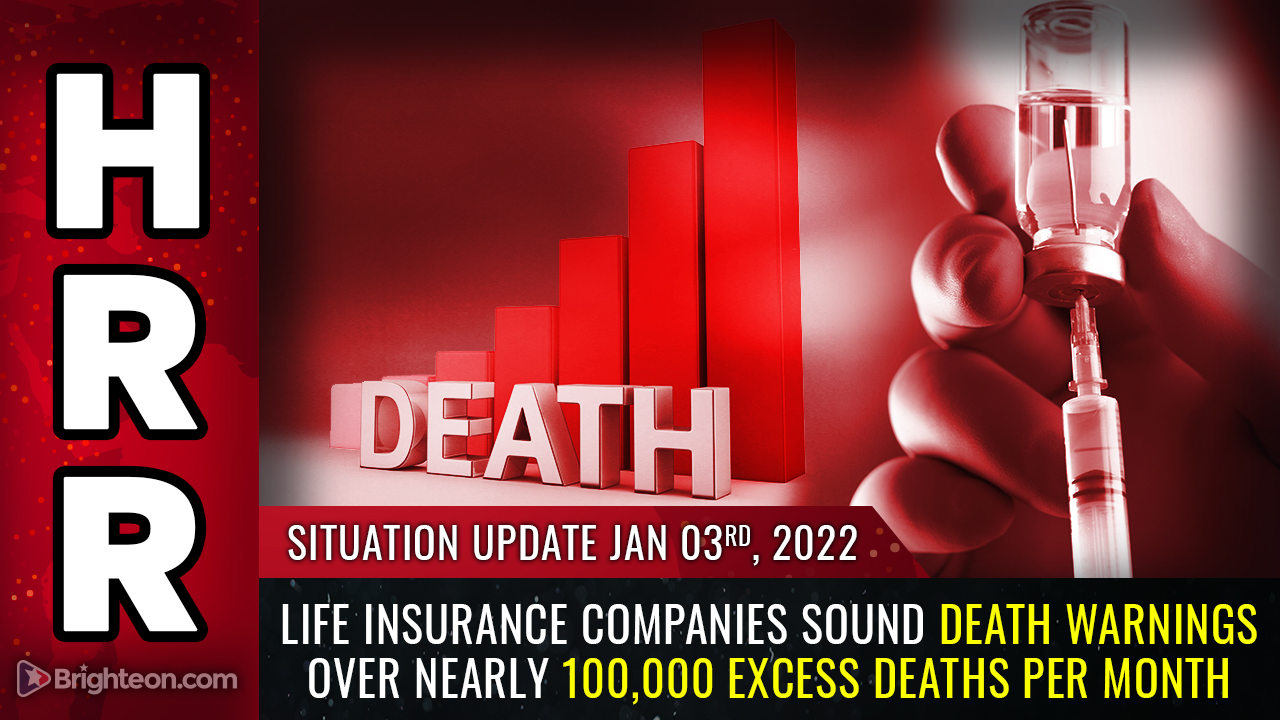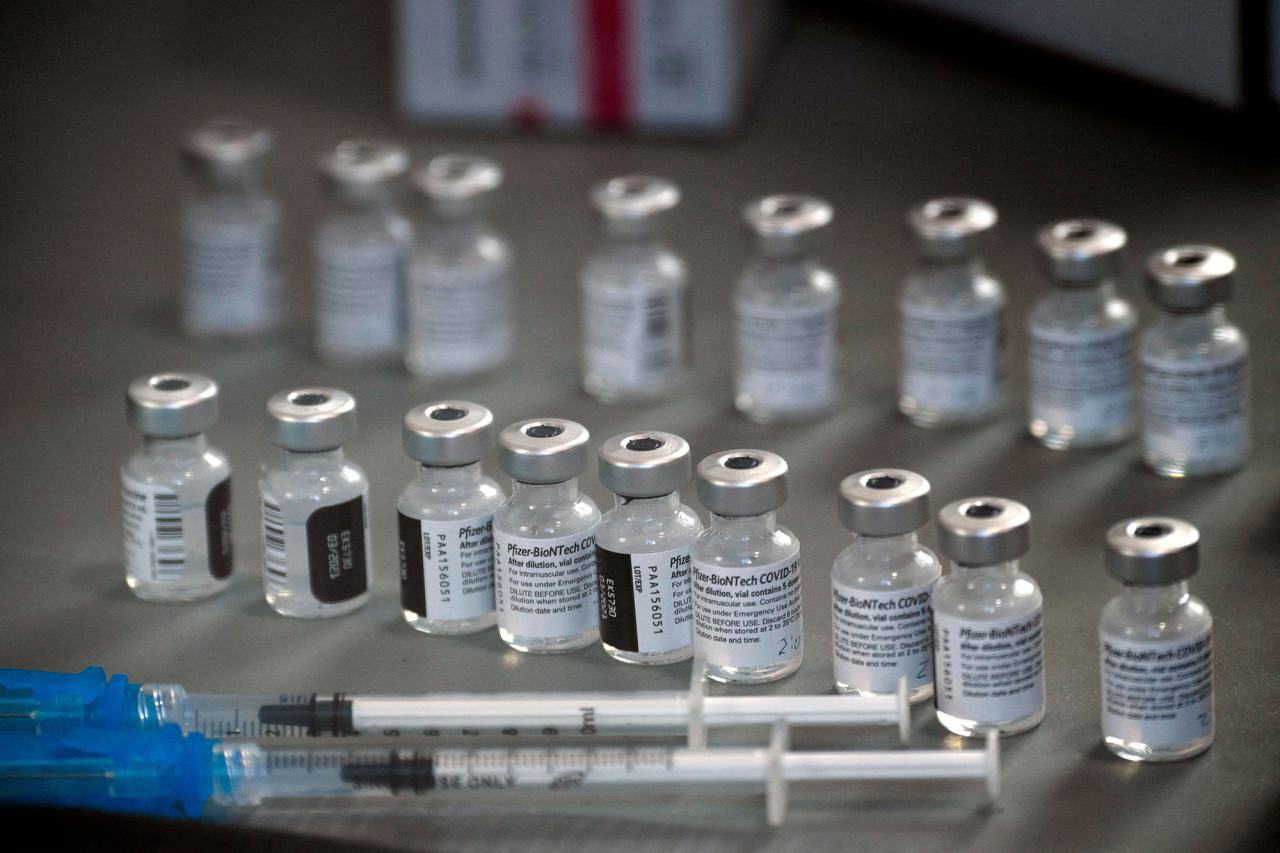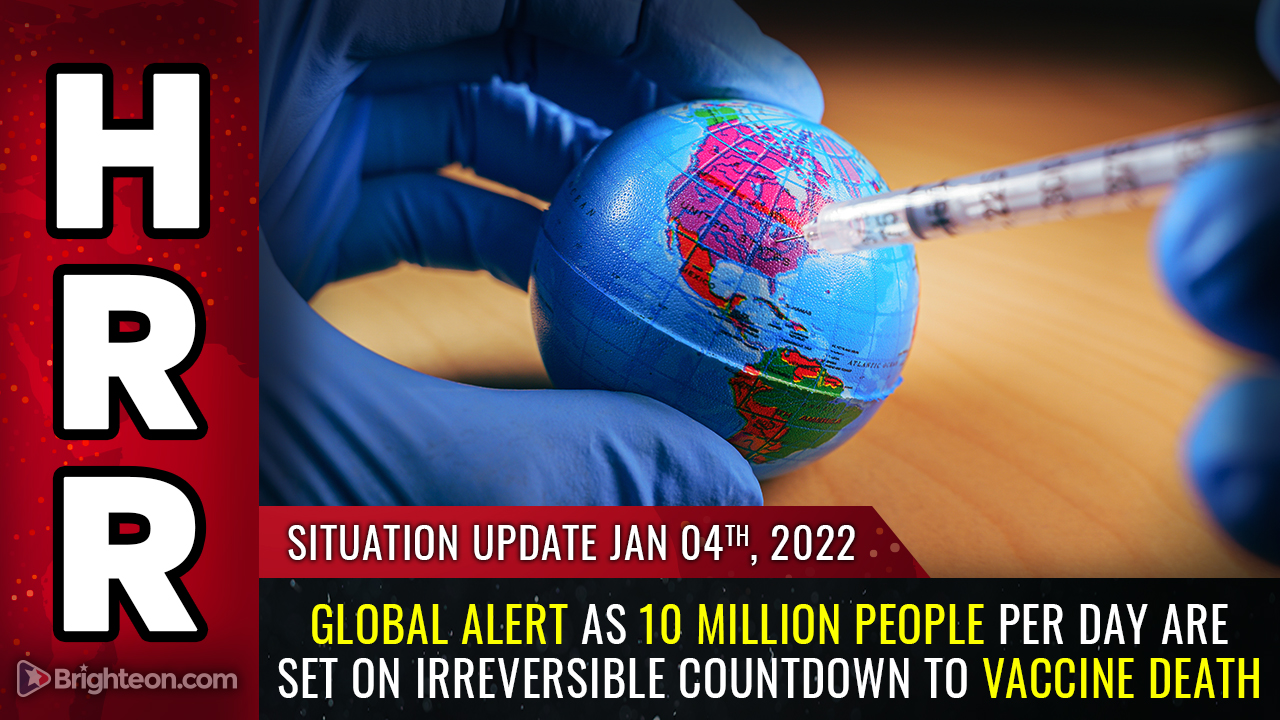World View Report: WHO concerned that vaccine boosters increase risk of longer pandemic
01/02/2022 / By Mary Villareal

An advisory group to the World Health Organization (WHO) has expressed concern that “broad-based administration” of Wuhan coronavirus (COVID-19) vaccine booster doses risk exacerbating problems of vaccine access by diverting supply from under-vaccinated countries to those with already high vaccination rates.
It is not only the WHO advisors that are worried about getting booster programs out of hand either: Israel is now gearing up to start doling out their next round of doses, which can do more harm than good, said WHO Director Tedros Adhanom Ghebreyesus.
With 20 percent of vaccine supplies going toward boosters, these “blanket booster programs” are likely to prolong the pandemic rather than end it, because diverting the vaccine supply to countries with high levels of immunity allows the virus to spread and mutate in other parts of the globe.
Global access can help minimize health impacts and transmission, reducing the risk of mutating variants in poorer countries, which could prolong the pandemic.
The WHO stated that vaccine booster dose policy decisions should also be based on evidence of individual and public health benefits and obligations to secure global equity in vaccine access.
He also went on to say that no country can boost its way out of the pandemic: the organization’s goal is for all 194 member states to have at least 40 percent of their population vaccinated by the end of 2021. However, estimates show that by mid-2022, only half of all member states will have reached 40 percent.
Are boosters necessary in the emergence of the omicron variant?
A recent article in the Lancet concluded that vaccine boosters are not necessary at this point, despite the emergence of the omicron variant. While media outlets and government officials insist that boosters can further increase the high levels of protection against even mild cases, the only people who really need an additional dose of the COVID-19 vaccine are those who have a high risk of the disease such as the elderly, persons with comorbidities or those who might expose vulnerable household members to workplace contacts.
Because the protection against serious illness is still strong from the first two doses of the mRNA vaccines, data showed that not every healthy adult should get a booster since the push for boosters could actually prolong the pandemic.
Existing vaccines are effective, even over time. Studies have shown that more than 17 million adults who received mRNA shots maintained protection of about 90 percent against moderate to severe COVID infections or hospitalizations even six to eight months after vaccination. This is also consistent with other data showing that vaccines induce strong immune responses for long-term protection.
Those in favor of booster dosing saw the “Israeli experience,” by which a frequently cited study out of Israel suggested greater declines in the Pfizer vaccine effectiveness over time. However, the smaller unvaccinated group in the study increased the likelihood that factors other than vaccination influenced the interpretation of the results.
Predictions of the dramatic loss of effectiveness based on the early results of the study have yet come to pass. Further data from Israel suggesting that the pandemic came under control as boosting was implemented could have been a coincidence, as similar reductions were seen without boosting in many other countries. (Related: Top scientists question need for coronavirus vaccine booster shots.)
The shifts in the epidemic curve were not associated with increases in vaccination rates, and are likely due to other factors such as behavioral changes, protection induced by natural infections and the cylindrical nature of the pandemic itself.
Vaccine equity and supply
Due to supply uncertainties in global vaccine access, individual country vaccine booster dose policy decisions need to balance the public health benefits of their population, with support for global equity in vaccine access.
Broad-based booster programs, including booster vaccination of population sub-groups, are also a concern. While the global supply of the COVID vaccine is increasing significantly it is projected to be sufficient for the vaccination of the entire adult population. As supply continues to ramp up, the hurdles in vaccine access and distribution still led to prevailing inequalities that can only be resolved by high coverage and supply through individual countries’ commitment to global vaccines goals and targets.
The WHO’s decision to recommend and implement booster doses is complex and requires more than clinical and epidemiological data, which is also a consideration of national strategic and programmatic priorities. More importantly, it needs an assessment of the prioritization of globally limited vaccine supply, so priority should be given to the prevention of severe disease and sustaining health systems.
Watch the full Dec. 27 episode of “World View Report” with Brannon Howseat in the video below.
“World View Report” airs Monday to Friday from 8 p.m. on Brighteon.TV.
Sources include:
Tagged Under: booster doses, booster shots, coronavirus vaccine, covid-19 pandemic, mRNA vaccine, pandemic, spike protein, vaccine injury, vaccines, Wuhan coronavirus
RECENT NEWS & ARTICLES
COPYRIGHT © 2017 MEDICAL EXTREMISM


















